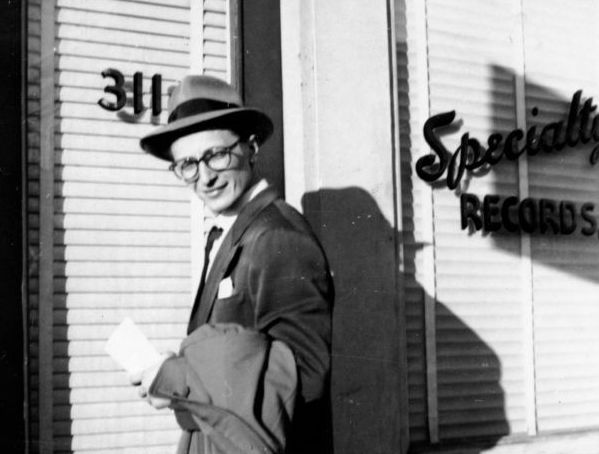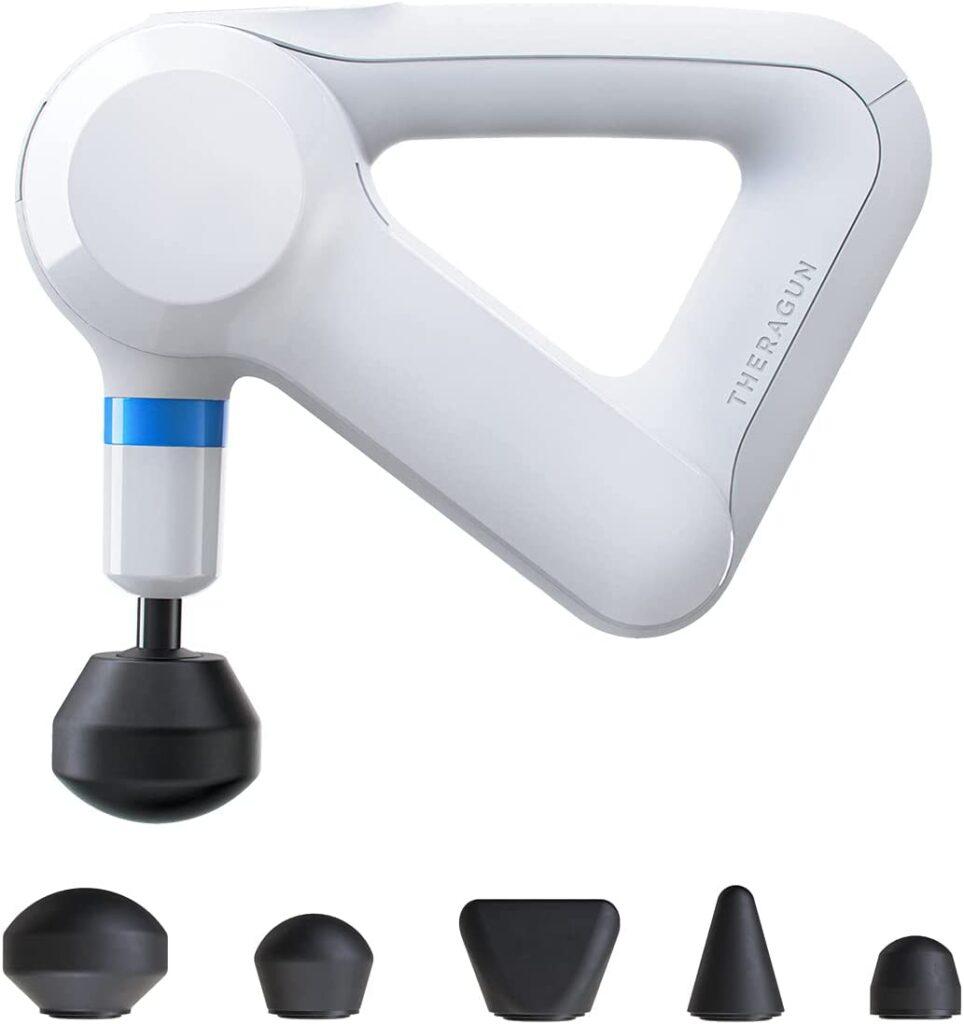
Art Rupe, Specialty Records Founder Who Helped Shape Rock Music, Dead at 104
Art Rupe, founder of the trailblazing R&B label Specialty Records that released early classics by artists like Little Richard, Sam Cooke and Lloyd Price, has died at the age of 104.
The Arthur N. Rupe Foundation announced his death Friday, adding that Rupe died at his home in Santa Barbara, California. No cause of death was provided.
As founder and producer at the Los Angeles-based Specialty Records, Rupe oversaw a label that was responsible for songs that laid the bedrock for rock n’ roll: Little Richard’s “Tutti Frutti,” Price’s “Lawdy Miss Clawdy,” Guitar Slim’s “The Things That I Used to Do” (produced and arranged by Ray Charles) and Larry Williams’ “Bony Moronie” and “Dizzy Miss Lizzy,” the latter famously covered by the Beatles.
Rupe, born Arthur Goldberg on September 5, 1917, grew up in the suburbs outside Pittsburgh. “Growing up in an ethnically and racially diverse neighborhood in McKeesport, Rupe had developed a keen interest in Rhythm ‘n’ Blues and Gospel music,” the foundation said. “He therefore chose to specialize in what was then called ‘race records,’ music made by and for African-Americans.”
During World War II, Rupe worked on an engineering crew testing Liberty ships in Los Angeles; following the war, Rupe remained in the city, first trying to break into Hollywood, according to the Washington Post, and then the music industry. In 1944, Rupe co-founded Juke Box Records — which released the Sepia Tones’ regional hit “Boogie #1” — before parting ways with that label and founding his own, Specialty Records, in 1946.
After first focusing on gospel and blues — including Joe Liggins’ Number One hit “Pink Champagne” in 1950 — Specialty began focusing on “race records” that appealed to both blacks and whites: Inspired by Fats Domino’s success, Rupe traveled to New Orleans and discovered the 17-year-old Lloyd Price; in addition to his own hits on Specialty, it was Price who also recommended that Little Richard send demos to the label, with Specialty allowing Richard to buy himself out of a previous contract.
Despite a handful of Number One hits, Specialty struggled in the mid-Fifties until the arrival of “Tutti Frutti,” an off-the-cuff risque ditty that was transformed — with the help of Specialty’s go-to producer Robert “Bumps” Blackwell — into a platinum smash and rock n’ roll classic. Richard would also release the single “Good Golly, Miss Molly,” “Long Tall Sally” and his 1957 debut LP Here’s Little Richard on the Specialty label.
Rupe had a teenaged Sam Cooke signed to Specialty as a member of the gospel group the Soul Stirrers, who had a hit in 1950 with their rendition of “Jesus Gave Me Water,” which was added to the Library of Congress’ National Recording Registry in 2020.
However, in what was a rare misstep in Rupe’s legendary career, he disagreed about Cooke’s approach to secular music, resulting in the singer leaving the label. Cooke then signed with Keen Records in 1957 and launched his solo career with a string of hits that began with “You Send Me”; following the success of that single, Specialty rush-released Cooke’s hit “I’ll Come Running Back to You” that was recorded the previous year for the Specialty label.
In the early Sixties, Rupe similarly missed an opportunity to sign a young British quartet that was touring with Little Richard in England, the Beatles. By that point, Rupe had become disenchanted with the music industry and instead focused on his burgeoning oil and gas company that he had established.
In 2011, Rupe was inducted into the Rock and Roll Hall of Fame, the recipient of the Ahmet Ertegun Award, with Lloyd Price inducting his onetime label head into the Cleveland Institution. “Rock and roll as we know it would not exist without Art Rupe,” the Rock Hall said of the honor.
“He brought R&B and soul into the mainstream and launched Little Richard’s career. Rupe’s fastidious work ethic and uncanny musical intuition shaped the evolution of rock.”




